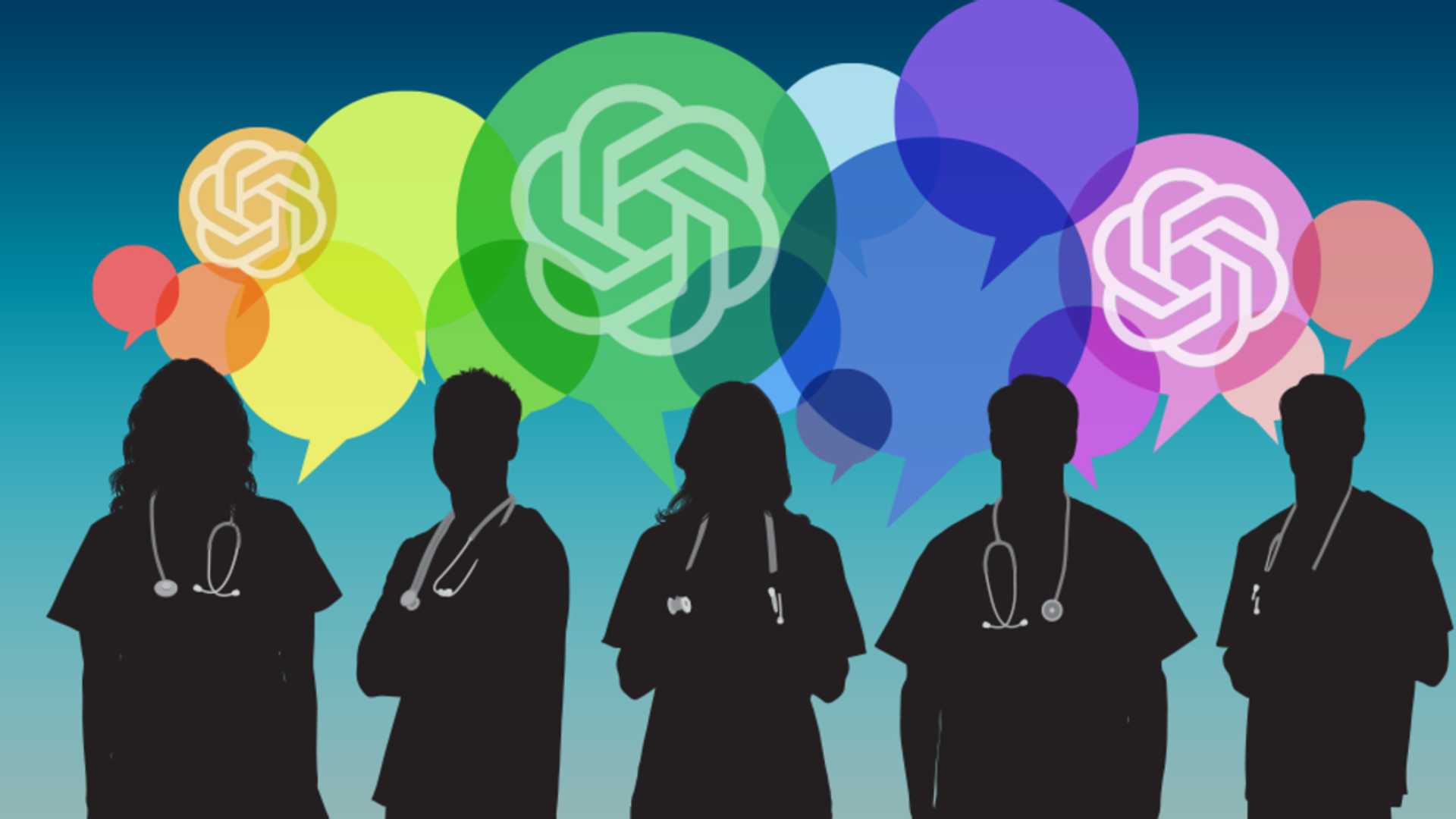Boston Children's Hospital exec: ChatGPT skills are the future of healthcare
Boston Children's Hospital is leading the way in healthcare with the use of generative AI technology. Specifically, they are using OpenAI’s generative AI application ChatGPT to provide patients with better outcomes. As part of their innovation and digital health accelerator, the hospital hired an "AI prompt engineer" to design and develop AI prompts using large language models such as ChatGPT. According to Dr. John Brownstein, chief innovation officer at Boston Children's Hospital, ChatGPT has the potential to transform the healthcare industry much like the iPhone or Google did.
Potential of ChatGPT in healthcare
AI technology has already been introduced into the healthcare industry with a focus on analyzing radiology images or helping triage patients. Now, Boston Children's Hospital is pushing towards a variety of use cases that can be resolved without physician intervention. Brownstein recognizes the potential for physician burnout or repetitive administrative tasks and believes ChatGPT can upskill the workforce with these necessary tools. ChatGPT can serve a variety of purposes, from writing emails to summarizing large documents. The hospital is also working on building its own internal large language models to further improve outcomes for patients.
Hiring for ChatGPT skills
The skill set for the next decade will be someone with the expertise of a prompt engineer that knows how to interface with large language models. Brownstein notes that we are all becoming prompt engineers, but a refined skill set can help drive the healthcare industry much more quickly into the future. The hospital is sourcing ideas from within the organization to find pain points and design tools with the help of prompt engineers. And it's not just about using ChatGPT, they are also developing their own internal large language models and feeding other internal data sets into those models.
Clinical uses for ChatGPT
While most hospitals are using AI in healthcare for administrative purposes, Brownstein envisions a narrow application for clinical purposes. He sees ChatGPT as a tool for physicians to summarize notes to provide to patients. This can save a tremendous amount of time and create a more personalized experience for patients. For example, imagine a world where discharge notes can be modified to match the age, education level, underlying cultural context, neighborhood, food accessibility, and reading comprehension of a patient. ChatGPT can assist in adjusting the instructions to match the patient for better results.
Guardrails for using ChatGPT in healthcare
The hospital acknowledges the risks of using generative AI technology and has therefore established guidelines on the appropriate use of ChatGPT. Patient consent must be obtained and the hospital is working with legal and compliance to establish specific guidelines. Other hospitals are navigating similar paths to ensure proper use of these powerful tools.
Overall, Boston Children's Hospital is leading the charge in the healthcare industry with the use of ChatGPT and other generative AI technology to improve patient outcomes. They are hiring prompt engineers to drive innovation and develop tools for pain points within the organization. As the use of AI in healthcare continues to grow, all hospitals will need to navigate the appropriate use of these tools to ensure patient safety and privacy.




















